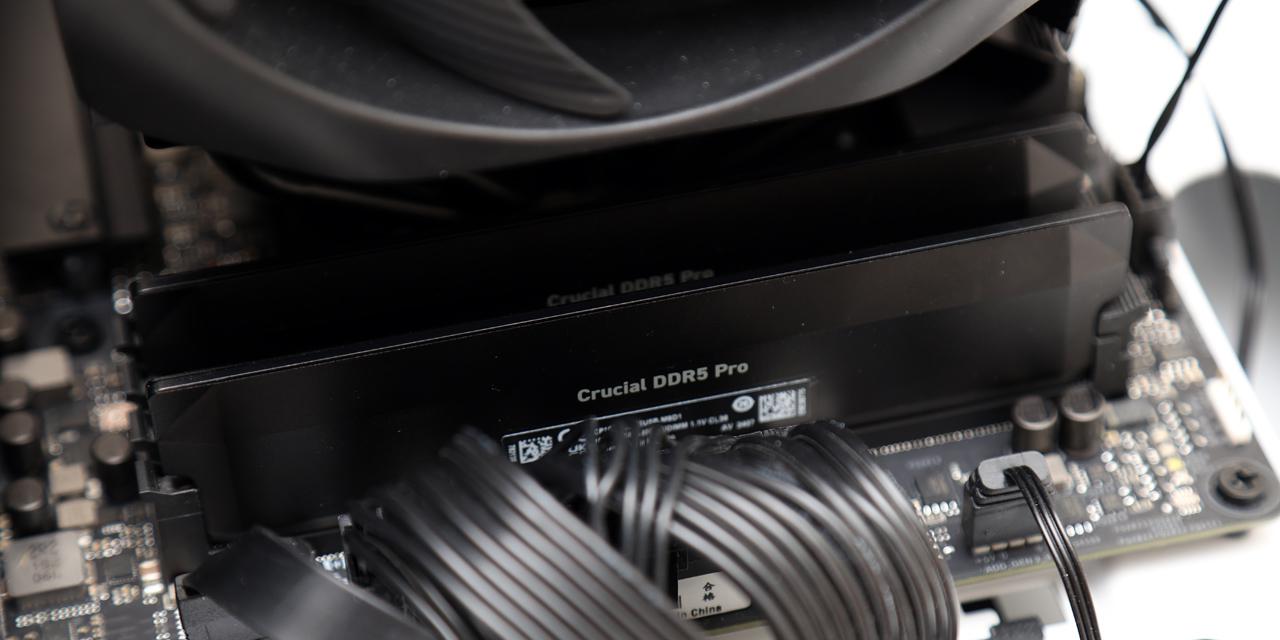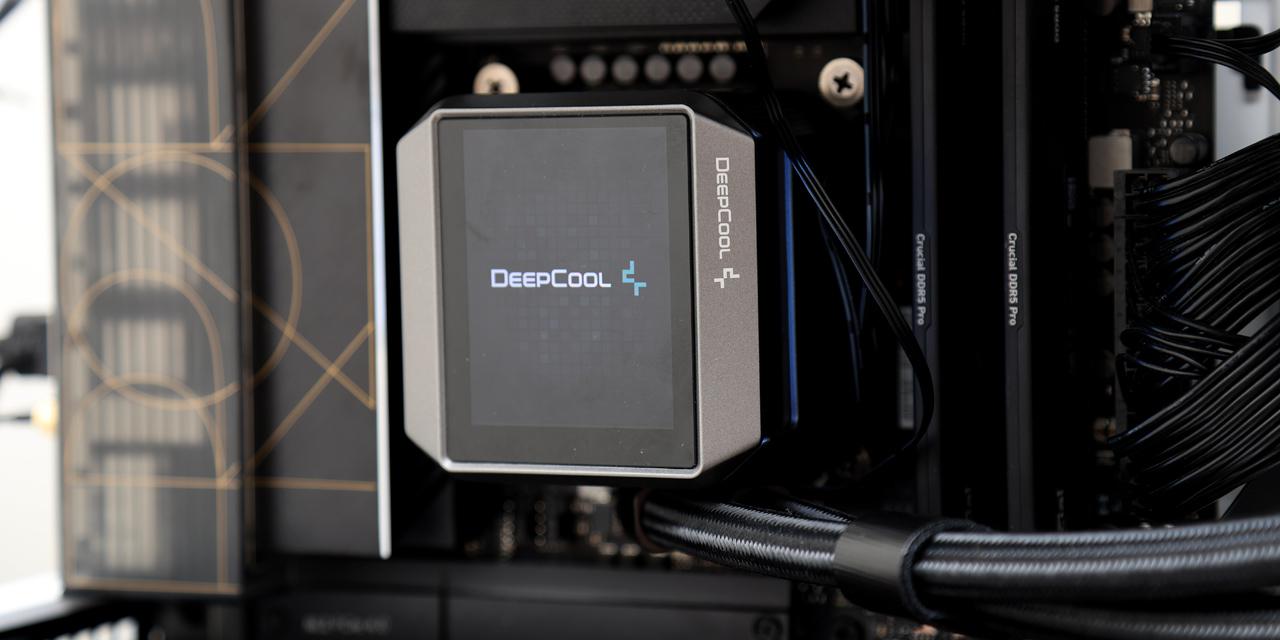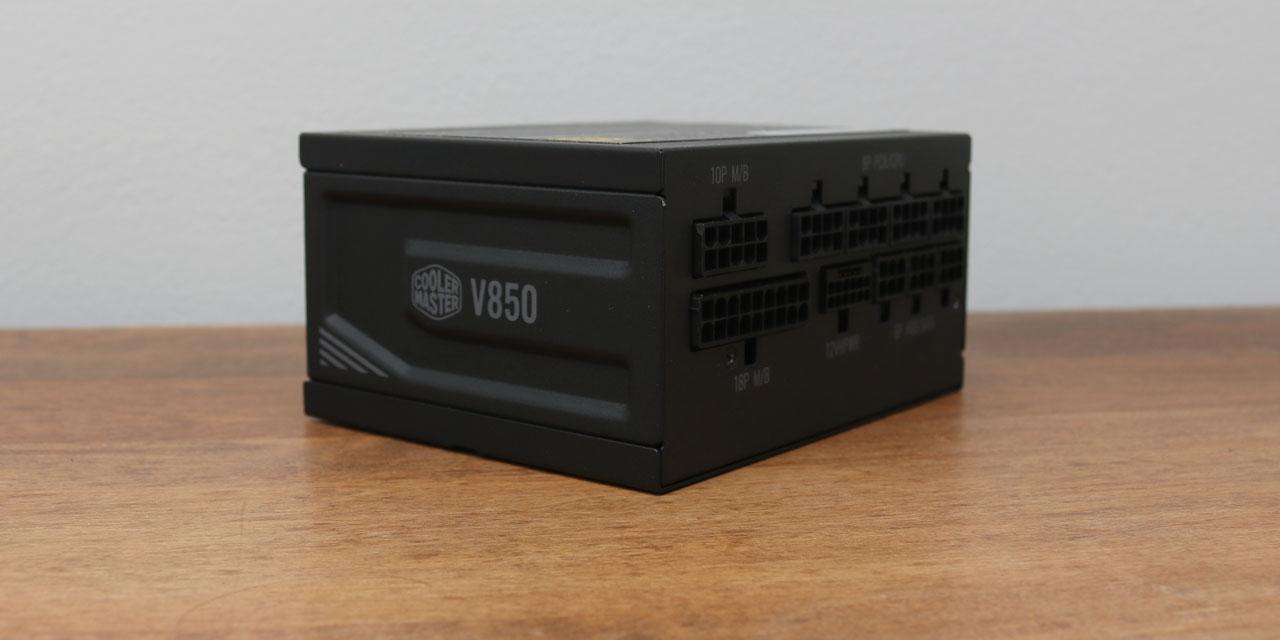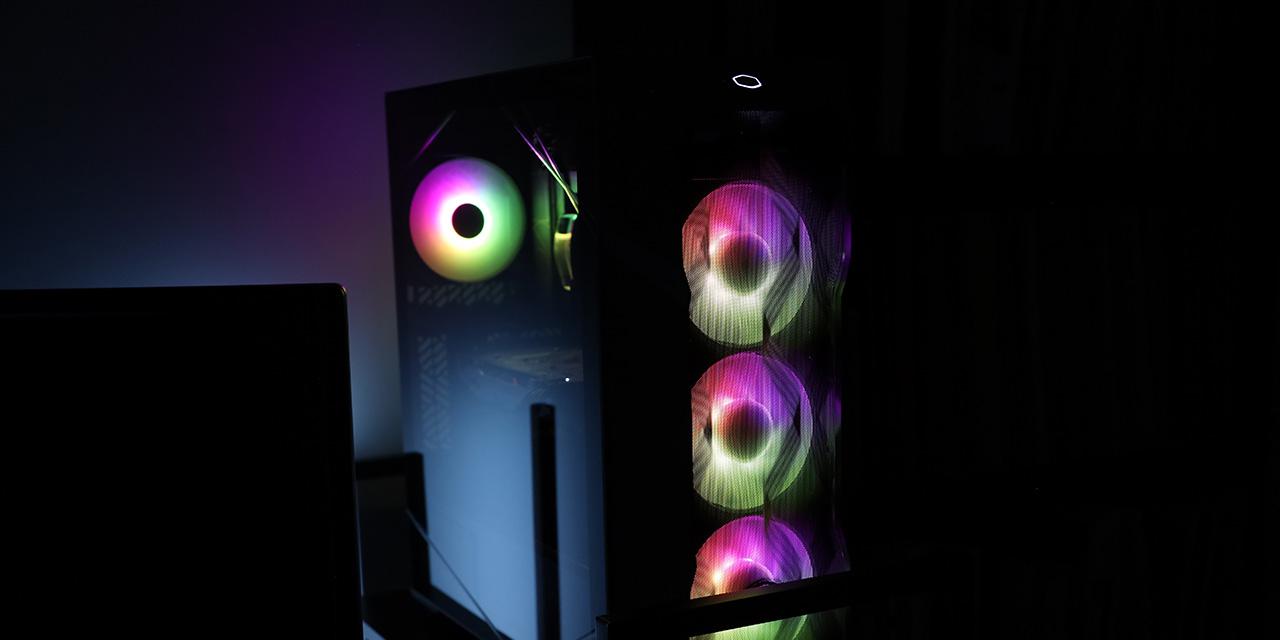|
From X-bit Labs: Advanced Micro Devices on Tuesday officially launched its long-expected Fusion A-series "Trinity" accelerated processing units (APUs) with up to four x86 cores and discrete-class integrated graphics processing units. Although the new desktop chips provide decent performance in video games, in productivity applications they fail to beat Intel Corp.'s Core i-series "Ivy Bridge" chips. The new APUs are priced $53 - $122. “The new AMD A-series APU is ideal for anyone looking for a new desktop or home theater PC with leading performance for the dollar. The combination of processing speed, multiple compute cores and discrete-level graphic capabilities on the second generation AMD A-series APU make it an excellent platform for the gamer and PC enthusiast alike,” said Leslie Sobon, corporate vice president of desktop and component products at AMD. The AMD A-series "Trinity" APUs feature up to four x86 cores powered by Piledriver micro-architecture, AMD Radeon HD 7000-series graphics core with DirectX 11-class graphics support, new dual-channel DDR3 memory controller and other improvements, such as new dynamic acceleration Turbo Core 3.0 technology, improved video playback engines and so on. The latest APUs also adopt FM2 infrastructure and require new mainboards. The new chip is made using 32nm process technology at Globalfoundries, just like its predecessor code-named Llano. Based on reviews by X-bit labs, AMD A"Trinity" A10-5800K APU beats competing Core i3-3225 (with Intel HD Graphics 4000 graphics core) by up to several times in the vast majority of cases when integrated graphics is used. In fact, the AMD A10-5800K APU can even run select modern video games in full-HD (1920*1080 resolution). At the same time, the new AMD accelerated processing units with brand-new Piledriver architecture are not considerably faster in productivity and professional applications than their predecessors, which means that they are significantly behind Intel Core i-series "Ivy Bridge" chips. Therefore, AMD's Trinity suit better for entry-level gaming/multimedia systems, but are behind Intel in officer and professional apps. View: Article @ Source Site |
 |
AMD Formally Launches A-Series Trinity Accelerated Processing Units
© Since 2005 APH Networks Inc. All trademarks mentioned are the property of their respective owners.





